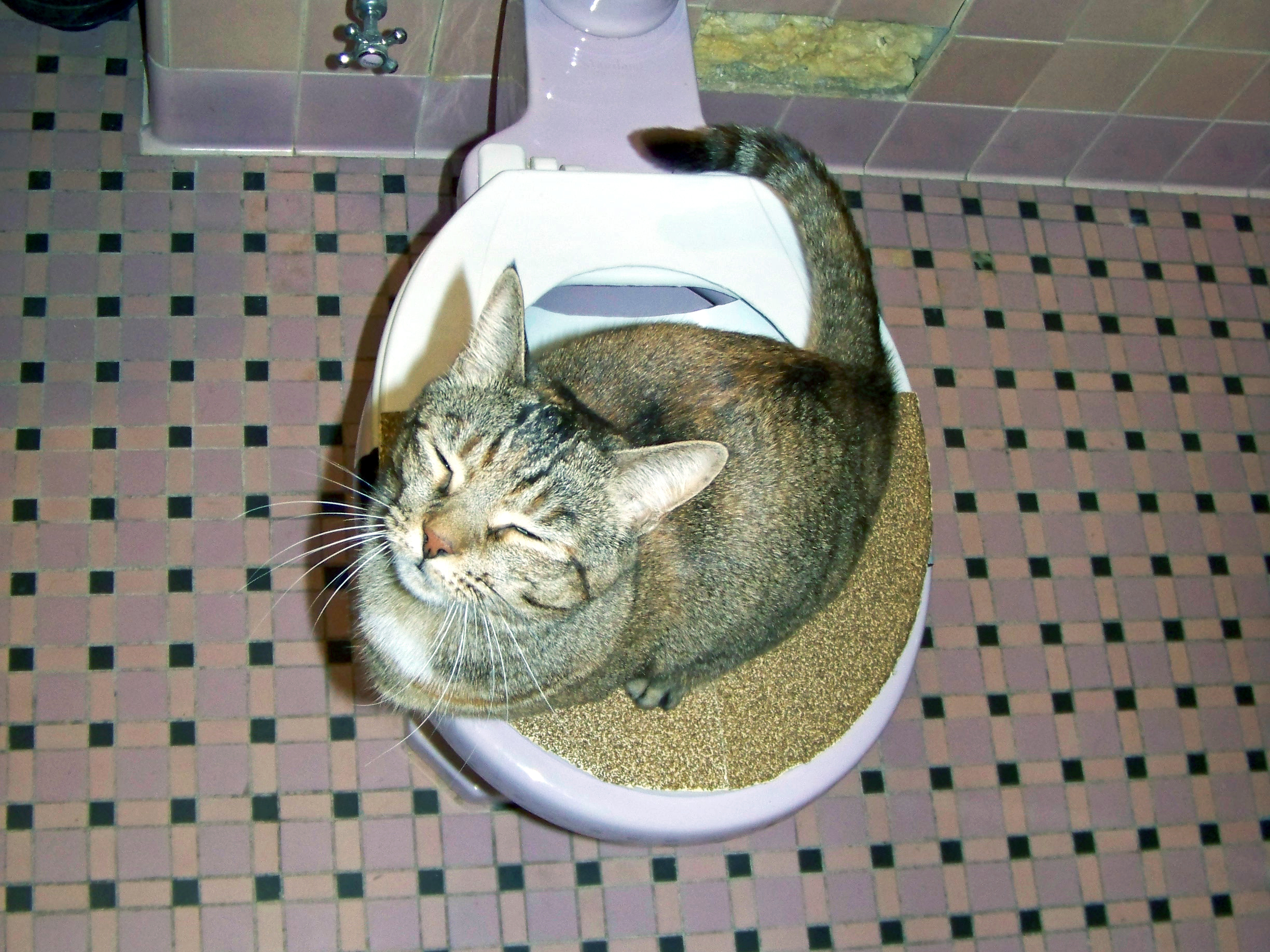What're your thoughts about Should you flush animal waste down the toilet?

When it comes to getting rid of waste, specifically animal waste, many people commonly resort to the practical option of flushing it down the commode. However, this relatively very easy solution can have major consequences for the atmosphere and public health. In this article, we'll discover why flushing animal waste down the toilet is a poor concept and offer different methods for correct disposal.
Intro
Proper waste disposal is essential for keeping environmental sustainability and public health. While it might seem harmless to purge animal waste down the commode, it can bring about numerous concerns, both for the setting and human health.
Risks of flushing animal waste
Environmental impact
Flushing pet waste presents unsafe microorganisms and pathogens right into rivers, which can negatively affect water environments. These microorganisms can pollute water resources and damage aquatic life, disrupting fragile ecosystems.
Public health problems
Pet waste contains dangerous microorganisms such as E. coli and Salmonella, which can position significant health dangers to people. Flushing animal waste down the toilet can contaminate water products, leading to the spread of diseases and infections.
Alternatives to flushing
Instead of purging pet waste down the commode, there are numerous different disposal approaches that are more eco-friendly and hygienic.
Composting
Composting pet waste is an environmentally friendly method to get rid of it. By composting, organic matter is broken down into nutrient-rich soil, which can be used to fertilize yards and plants.
Landfill disposal
Throwing away animal waste in a garbage dump is one more alternative. While not as eco-friendly as composting, it is a more secure choice to flushing, as it avoids the contamination of water sources.
Animal waste disposal systems
There are specialized pet dog garbage disposal systems offered that safely and hygienically deal with pet waste. These systems often utilize enzymes to break down waste and get rid of odors.
Steps to appropriate pet waste disposal
To guarantee proper disposal of pet waste, comply with these actions:
Scooping and getting waste
On a regular basis scoop and bag pet waste making use of biodegradable bags. This stops waste from contaminating the atmosphere.
Using designated waste containers
Dispose of bagged pet waste in designated waste bins, such as garden compost containers or land fill bins. Stay clear of flushing it down the bathroom whatsoever costs.
Cleaning get more info up litter boxes and pet dog areas routinely
Consistently clean can and family pet areas to prevent the buildup of waste and microorganisms. Use pet-safe cleansing items to keep health.
Benefits of appropriate disposal approaches
Adopting proper disposal methods for pet waste offers several advantages:
Minimized environmental pollution
Correct disposal techniques decrease the risk of environmental pollution, protecting waterways and environments from contamination
Minimized threat of water contamination.
By avoiding flushing animal waste down the toilet, the risk of water contamination is substantially lowered, securing public health.
Boosted cleanliness and health
Appropriate disposal methods promote better hygiene and health, creating a much safer environment for both people and animals.
Conclusion
Finally, purging pet waste down the bathroom is damaging to the environment and public health. By taking on alternative disposal techniques and complying with appropriate waste administration techniques, we can decrease the negative influence of animal waste and contribute to a cleaner, much healthier planet.
What To Do With Dog Poo – The Do's And Don'ts Of Disposing Of Faeces
Dog poo bins
Some councils provide dedicated dog waste bins in popular dog-walking areas that can take dog poo that has been bagged but you can legally dispose of dog waste in any public litter bin, as long as it is securely bagged. This also applies to your wheelie bin at home.
Do not flush
Water companies do not recommend flushing dog faeces down the toilet because certain parasites can survive the water processing treatment and are potentially harmful to humans. You should also never consider flushing dog poo that has been bagged down the toilet as the bags will not break down and instead create severe blockages in the sewage system.
In the woods
The Forestry Commission promotes a ‘stick and flick’ method for dealing with waste in the woods. This means finding a stick and using it to flick any poo from off the path so that it is out of the way of other walkers. You could also bury it as long as it is not in an area where there might be livestock.
Livestock
Parasites found in dog poo can be transmitted to livestock if they inadvertently eat infected faeces that has been left on grazing land. This could result in the death of sheep or abortion in cattle so you should always make sure you pick up your dog’s waste in fields where livestock could be present.

As a devoted person who reads on Don't Flush Your Pets Poo Down The Loo, Vet Warns, I was thinking sharing that excerpt was smart. Do you know about somebody else who is interested by the niche? Feel free to promote it. Thanks a lot for taking the time to read it.
Click For More Information